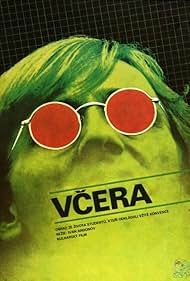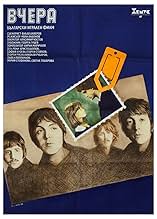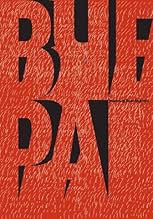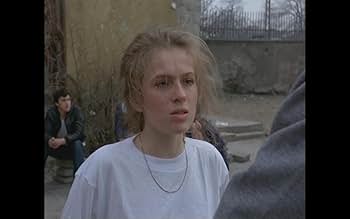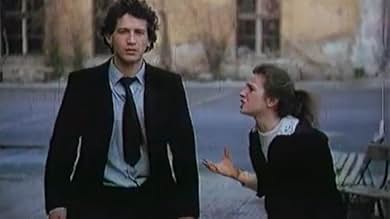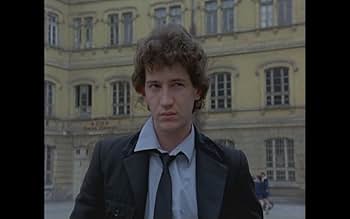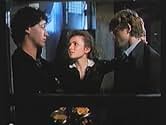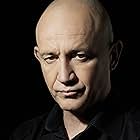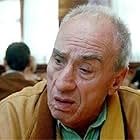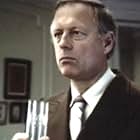This film marks the height of Bulgarian cinema in the XXth century. No other film shows better the social and cultural framework of Bulgarian society just before the end of the Cold War than Vchera. The film itself is about young people coming of age, struggling with the realities and paradoxes of their future adult life in Bulgarian society. Shown is the ferocious competition within the top classes in Bulgarian society, which was otherwise supposed to be class-free. (This competition actually costs the life of one of the film's characters, Rostislav.) Shown is also the inequality in a society where everyone was supposed to be equal. Shown is the impending sexual revolution in a country that was often hypocritical about sexual issues. The cultural background itself is the paradoxical contrast of the semi-military discipline in socialist high schools vs. the libertarian music of the Beatles, the students clad in drab uniforms vs. the Western ideas that were slowly filtering to them, the profanity and oafishness of the school officials vs. Shakespeare's exquisite poetry that was taught in these schools. (The title Vchera means "yesterday" in Bulgarian, the same "yesterday" from Shakespeare's verse in Macbeth: "And all our yesterdays have lighted fools the way to dusty death ..."). For millions of Bulgarians coming to grips with these contrasts, paradoxes, and realities, the film rings very true, which has helped propel it to near-cult status. Given the rapid decline of Bulgarian cinema after the end of the Cold War, it is likely that Vchera will remain one of its peaks for many more years.
